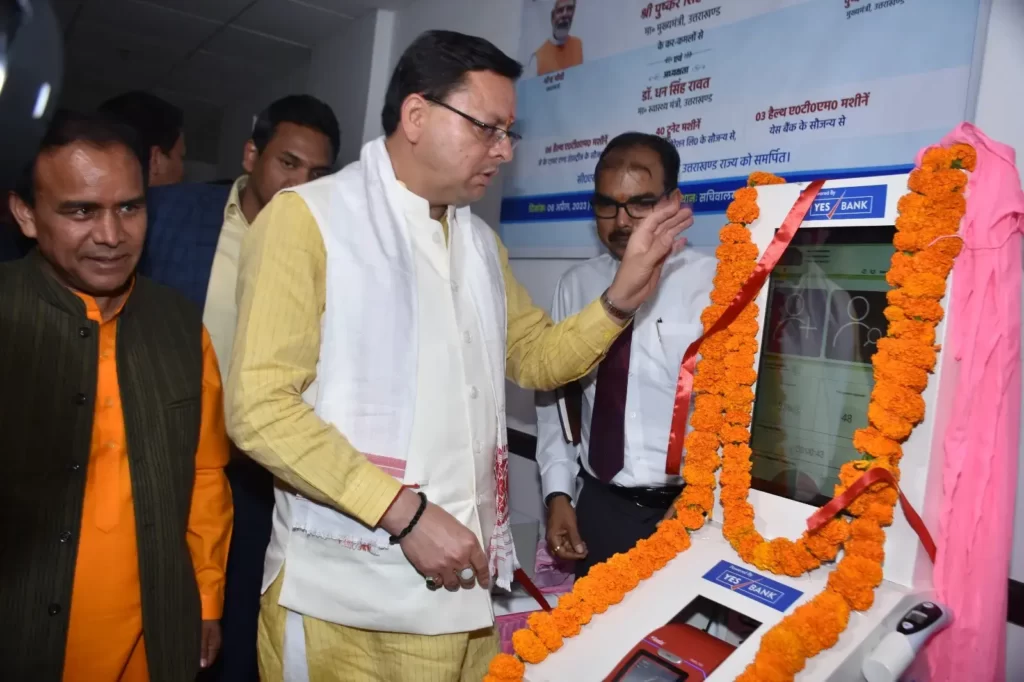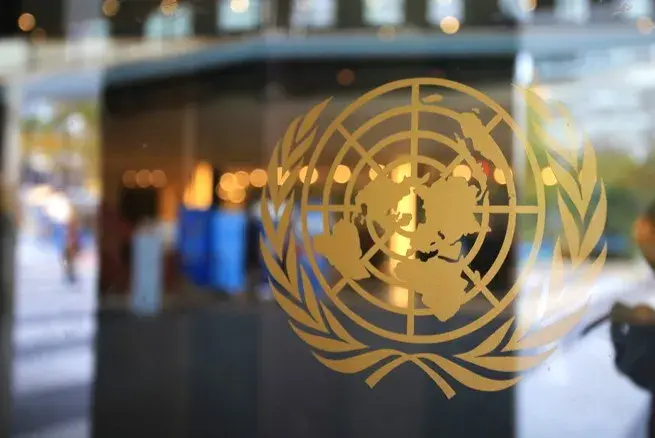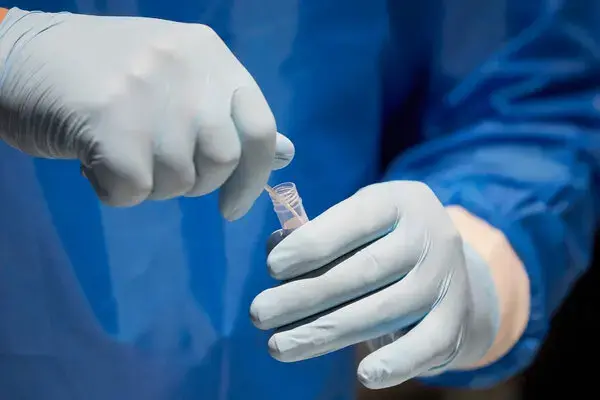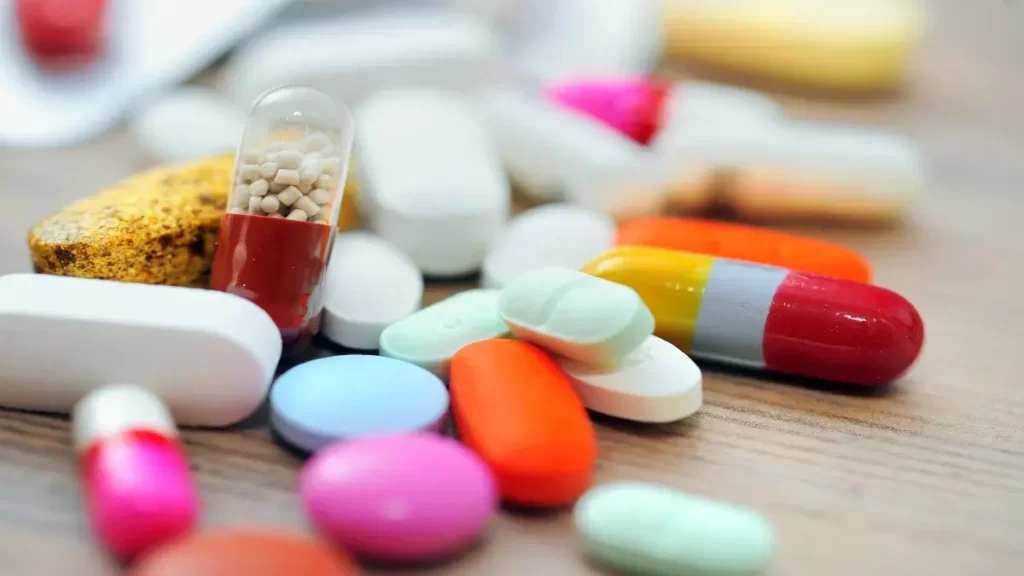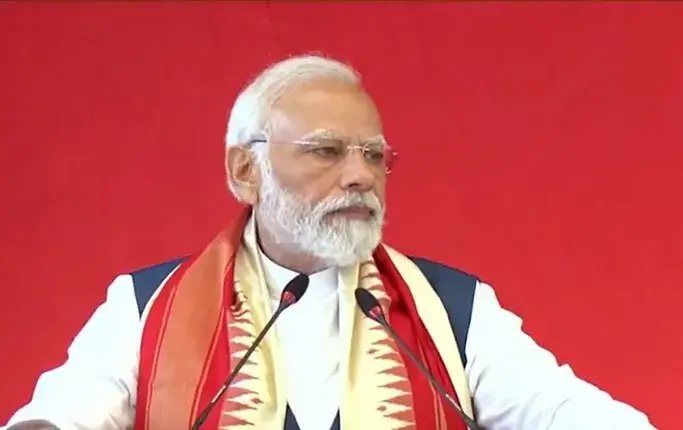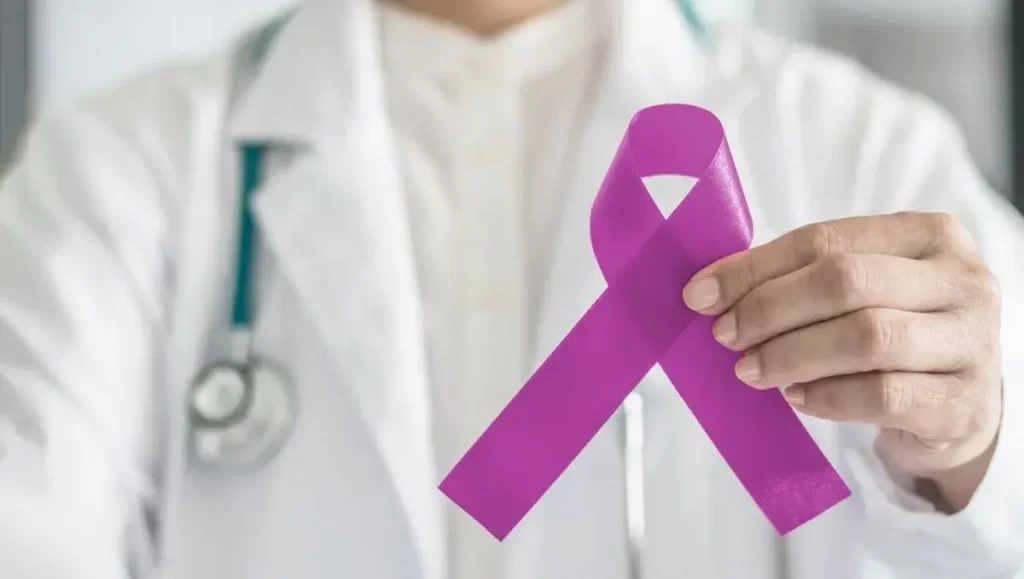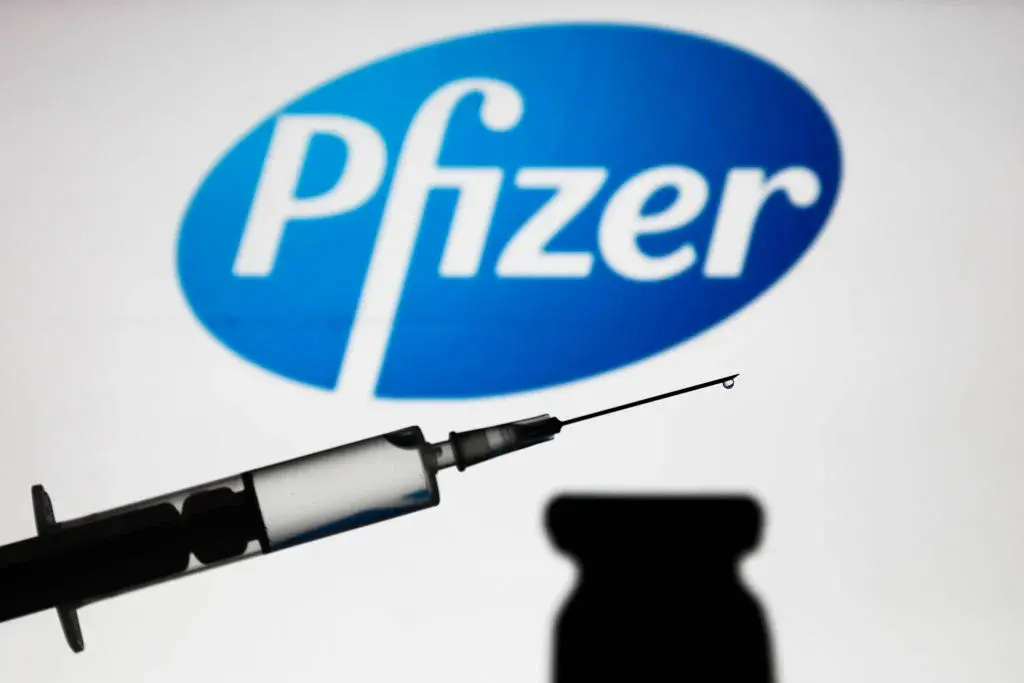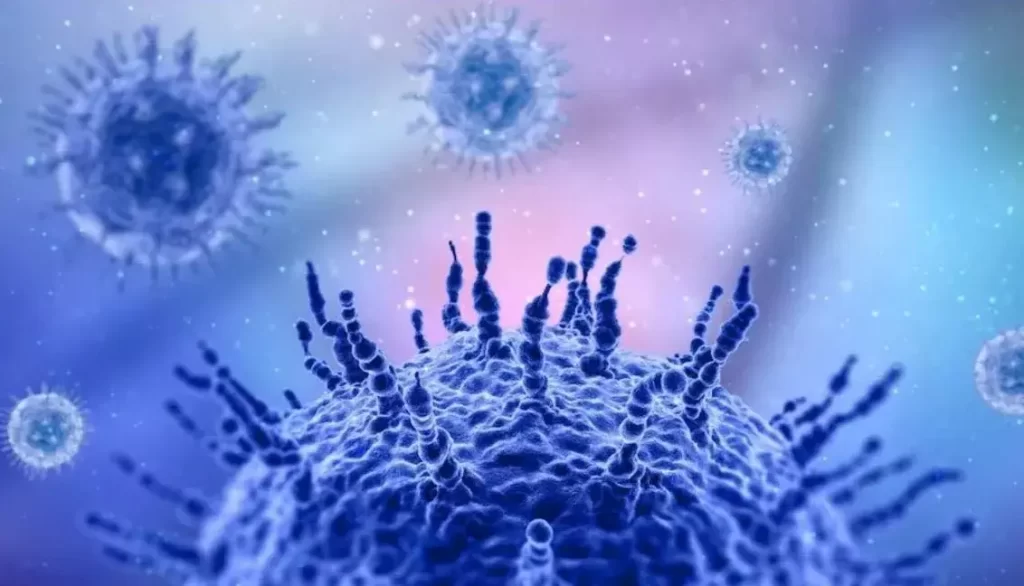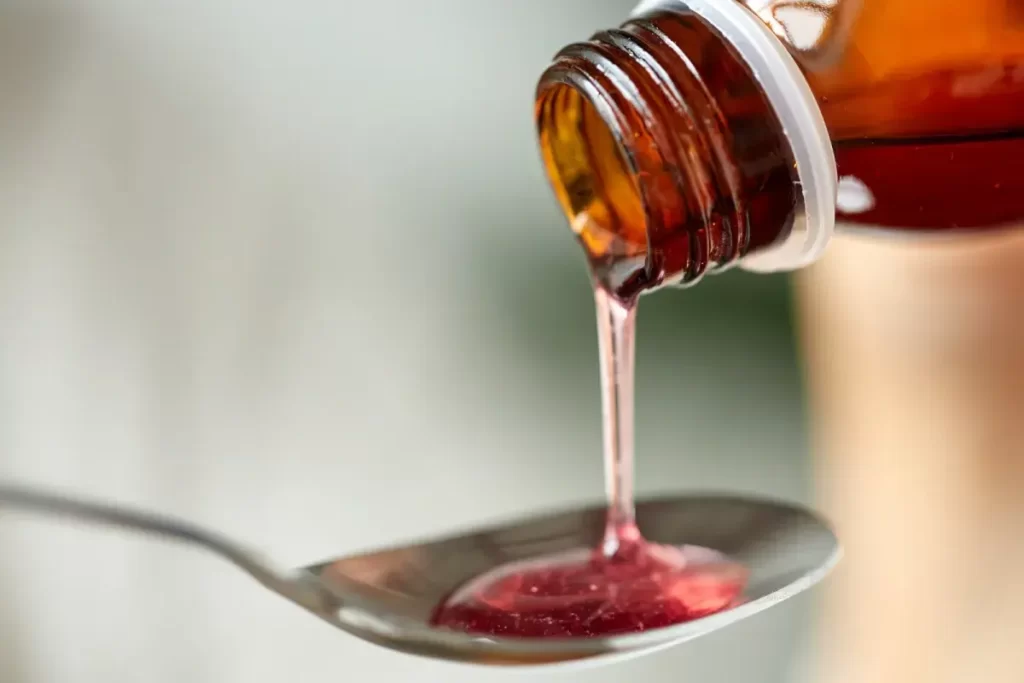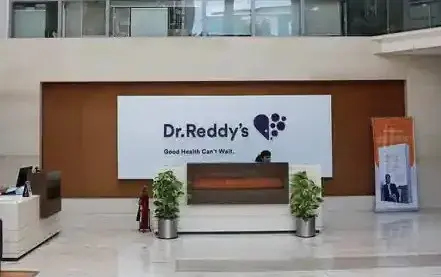Health ATMs are inaugurated by Uttarakhand CM Dhami in Dehradun
At the Secretariat on Thursday, Chief Minister Pushkar Singh Dhami formally inaugurated a Health ATM that had been built by JK Tire Limited Company and Yes Bank as part of their Corporate Social Responsibility (CSR). Two additional Health ATMs were inaugurated at Vidhan Sabha Dispensary and Tanakpur Hospital in addition to the one at Sachivalaya Dispensary. Such health ATMs were also put by JK Tire Company at the Police Lines, JLN District Hospital, District Hospital Nainital, Joint Hospital Tankarpur, Community Health Centre, Jaspur SubDistrict Hospital, Ranikhet, and Almora. A total of 72 medical tests or examinations, including those for Hemoglobin, TLC and DLC, Blood Sugar, Blood Pressure, Uric Acid, Cholesterol, HBAC, Blood Group, Lipid Profile, Trigylside, Lycoprotein, pregnancy, and kidney, could be performed by the public themselves as a result of these nine health ATMs. Also, a variety of significant medical tests might be conducted free at these health ATMs. The state’s department of health has issued an advisory to the general public, urging people to visit doctors rather than taking medications on their own in response to the test results they received at these health ATMs. People have been advised to seek appropriate medical counselling if the test results don’t come back normal. A Memorandum of Understanding (MoU) was also signed for cooperation in the health sector between the director general of Health and the abovementioned companies during a meeting on Thursday at the secetariat with representatives of IOCL, Yes Bank, and JK Tire and officials from the Department of Health. Moreover, Dhami inaugurated 40 True Net machines that are now accessible in all of the state’s blocks. Indian Oil Corporation Ltd installed the devices as part of their CSR programme. In order to better understand TB, covid, and other diseases, the True Net machines will be helpful. In 40 remote areas of the state, these devices are being made operational. CM said, “Being born in Devbhoomi Uttarakhand is a privilege, but serving the people means even more. I consider it my good fortune to have this privilege of serving the people and take a lot of pride in it. I believe corporate firms can collaborate more towards better education, health and cleanliness.” The CM also urged IOCL to take additional steps to create job opportunities in the state.
Health ATMs are inaugurated by Uttarakhand CM Dhami in Dehradun Read More »

